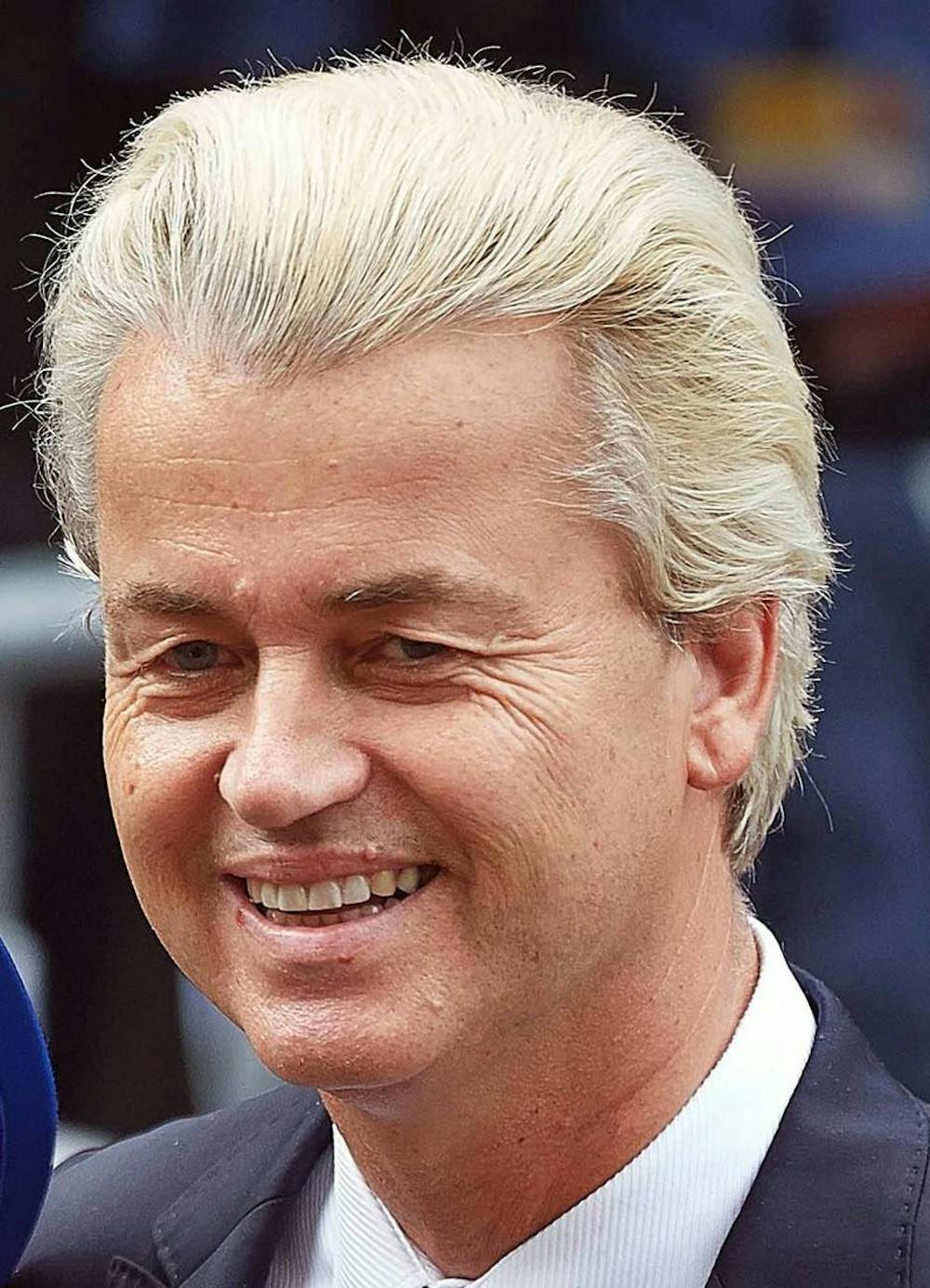By Shaim Akhtar
Staff Writer
Over the past few weeks, the Netherlands shockingly observed its far-right party gaining the most seats through snap elections for the House of Representatives in order to elect a new prime minister, triggered by the collapse of the current cabinet due to disagreements on immigration policies among parties, according Barrons. Additionally, the election will result in the appointment of a new prime minister, as former Prime Minister Mark Rutte announced his decision not to seek another term over the summer.
The snap elections were perceived as a referendum for Dutch citizens to express their views on the government's management of mass immigration from the Middle East and Eastern Europe, along with its relationship in the European Union, as reported by Reuters.
According to the Guardian, to become the prime minister of the Netherlands, a political party needs to secure at least 76 seats in the House of Representatives, either by winning seats directly or forming a coalition. The House, with its majority, then elects the Prime Minister, usually the leader of the coalition or political party, who is subsequently appointed by the Dutch monarch.
In the weeks leading up to the election, both the People's Party for Freedom and Democracy, VVD, and the New Social Contract, NSC, both center-right parties, led the polls with approximately 18% of sampled voters favoring the parties. Meanwhile, Party for Freedom, PVV, the far-right party, lagged behind with about 13% of sampled voters, as reported by Politico.
However, the polls proved to be vastly inaccurate by predicting VVD and NSC parties having the highest number of vote shares. The election resulted instead with the PVV party securing the highest number of seats among all parties with 37 seats, flipping 20 from the opposition. The centering-left party GreenLeft-Labour had the second most seats with 25 seats. In contrast, the VVD lost 10 seats, bringing their total down to 24, while the newly created NSC gained 20 seats.
The election results signaled a shift of Dutch voters further towards the right in the political landscape, reflecting a desire for more autonomy away from the EU and stricter immigration policies. According to NBC, PVV party leader Geert Wilders advocated for anti-immigration policies and cutting off military aid to Ukraine, distinguishing his stance from that of other EU countries.
Gaining the most seats, Wilders stated his intention to run for prime minister in his victory speech, declaring, "We want to govern and... we will govern. [The amount of seats gained] are an enormous compliment but an enormous responsibility too."
While Wilders' party does hold the highest number of seats in the house, Wilders still needs to form a coalition government with other political parties to secure the necessary seats to lead the Netherlands as prime minister.
According to the Guardian, to become the Prime Minister of the Netherlands, a political party needs to secure at least 76 seats in the House of Representatives, either by winning seats directly or forming a coalition. The House, with its majority, then elects the Prime Minister, usually the leader of the coalition or political party, who is subsequently appointed by the Dutch monarch.
The process of creating a coalition government is expected to take months due to differing ideologies and Wilders' controversial stances on Islam, including proposals to ban mosques and Islamic schools, according to the BBC.
In terms of potential coalition partners, the PVV and the GreenLeft-Labour, holding a combined total of 49 seats, have declined to form a coalition with Wilders. Meanwhile, the NSC, with 20 seats, is not yet ready to discuss forming a coalition, but the Boer Burger Beweging party, with 7 seats, is willing to enter into his coalition, according to the AP.
There is no doubt that the Netherlands has ushered in a new era of right-wing politics through the latest elections. Nevertheless, the Netherlands will observe a dramatic change in government that has not been seen since about 14 years after Rutte took office as prime minister.







